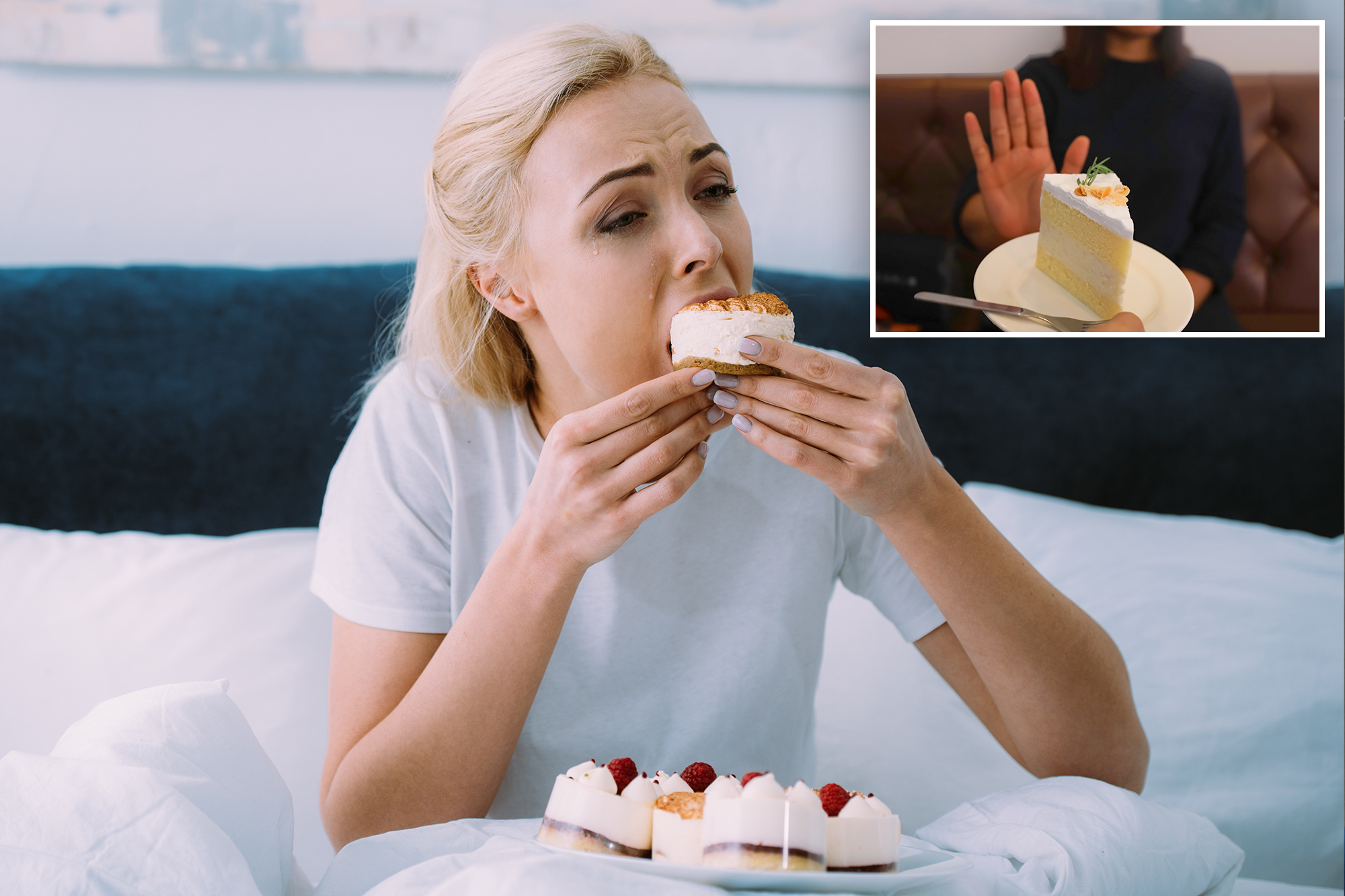Do you bother when you see cookies? Do you go to the nuts when you detect a delicatessen board?
The desires of sweet or salty delights can be a challenge to manage. While occasional indulgence is OK, often creating food desires can lead to weight gain, cavities, digestive problems and even chronic diseases such as cancer.
In his new book, “Crave: The Hidden Biology of Addiction and Cancer”, the biomedical scientist Raphael E. Cuomo reveals the everyday desires that feed our risk of cancer.
“The number 1 habit to reduce the risk of cancer is certainly tobacco, and this is already quite well established,” he told The Post Cuomo, a professor at the UC San Diego School of Medicine.
“In addition, I would say that added sugar is a great contributor to cancer risk, especially since it is everywhere, and this does not get as much love as it deserves.”
Excessive sugar consumption is related to obesity, a risk factor known for breast, colorectal and pancreatic cancers. Smoking causes about 90% of cases of lung cancer and increases the risk of a dozen more cancers.
Beyond sugar and tobacco, people also want drugs, alcohol, digital stimulation and, impactful, a larger workload. We know that these vices are bad for our health: Cuomo reports that they can discreetly resort our biology in ways that promote cancer.
So what do you have to do when the brain says no but your mouth says to go? Cuomo has five tips to curb the wishes.
Spend 20 minutes a day without contributions
You may have heard of the tendency of the “Raw dogging” flight, where passengers do absolutely nothing to spend time. This means that there is no food, water, sleep or entertainment during flight.
Similarly, Cuomo recommends leaving the phone, turn off the music and sit with your thoughts for 20 minutes to alleviate the temptations.
“This helps to reset the brain reward system and reduce the need to pursue stimulation throughout the day,” he said.
Use light as a tool
Natural light is crucial to health because it synchronizes the 24 -hour biological clock of the body, increases the production of vitamin D, relieves stress and increases mood.
Cuomo recommends bright natural light in the morning to help regulate the dopamine of the pleasure hormone and reduce the wishes of the afternoon.
Artificial light, on the other hand, disrupts the 24 -hour clock, which can cause sleep problems and increasing the risk of chronic diseases.
“In the evening, lower the lights and keep the screens to support melatonin and impulse control,” Cuomo advised.
Melatonin is the natural sleep hormone of the body: its production is sensitive to light.
Give your brain a break of the novelty
“Too many variety keeps the brain. Spend time making something familiar and repetitive,” said Cuomo. “Low stimulation and give time to your nervous system to recover –
Stop eating when the longing disappears
If you want to eat you are not alone. More than 90% of people admit.
Cuomo suggests leaving the fork when you no longer feel the eagerness, not when you feel full.
“Most people eat to change their mood, not just to feed their body,” he said. “Fix -you are at the time you feel emotional relief. This is often when you have had enough.”
Get texture to eat instead of sugar
If the desires persist, Cuomo encourages foods that are crunchy, chewed or spicy.
“The texture satisfies sensory instances without triggering the rise in blood sugar that leads to the desire to rebound,” he said.
#wishes #feeding #risk #cancer #ways #reduce
Image Source : nypost.com
